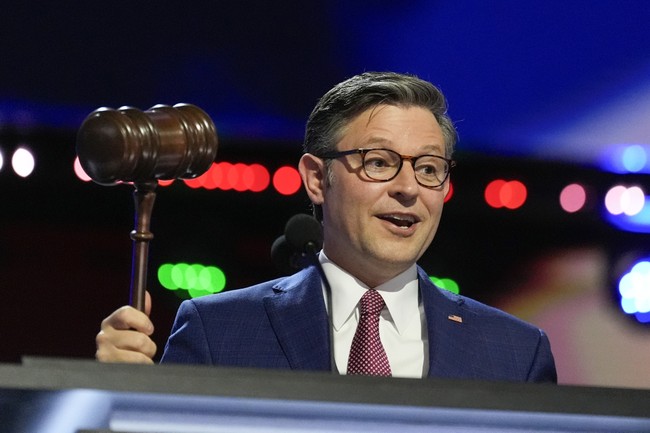Inside the Jack Teixeira Espionage Case
The Jack Teixeira case has unraveled layers of complexities surrounding national security, reminding us of the dire consequences of exposing classified information to the world.
Published November 13, 2024 - 00:11am

Image recovered from arabnews.com
The sentencing of Jack Teixeira, a Massachusetts Air National Guard member and a key figure in one of the most significant recent espionage cases, has cast a spotlight on issues of national security and the ramifications of leaking classified information. On Tuesday, a federal judge sentenced the 22-year-old to 15 years of imprisonment for his role in leaking classified military documents, primarily related to the Ukraine war, through the social media platform Discord. This sentence comes following his guilty plea to six counts of willful retention and transmission of national defense information under the Espionage Act.
Teixeira's actions have been described by prosecutors as one of the most consequential violations of the Espionage Act in American history. Prosecutors emphasized the enormity of the damage caused to national security, which includes exposing troop movements in Ukraine and plans by foreign adversaries to target US forces. The leaked information also shed light on military communications and operations, raising alarms about the United States' ability to protect its most sensitive secrets.
The deliberations leading to Teixeira's sentencing have featured contentious debate over the appropriate length of his prison term. While prosecutors sought a maximum sentence of over 16 years, defense attorneys argued for a reduced term of 11 years. They cited Teixeira's autism and ADHD, noting the absence of any malevolent intent behind his actions. According to the defense, Teixeira sought to educate his online peers about global events and was driven by a youthful misconception of his role in disseminating such sensitive information.
Still, the prosecution countered that Teixeira consciously documented and disseminated highly sensitive information, with full awareness of its classified nature. His intent to impress his online community was seen as ego-driven with grave consequences for the national defense infrastructure. Prosecutors highlighted Teixeira's attempts to erase evidence by smashing electronic devices, underscoring his understanding of the wrongdoing involved.
The leaks, which took place over a period of more than a year, compelled the Biden administration to engage diplomatically and militarily to manage the fallout. The embarrassment brought on the Pentagon prompted reviews of security protocols and disciplinary actions against military personnel who had failed to report suspicions about Teixeira's behavior.
Teixeira's sentence not only stands as a testimony to the severity of his actions but also serves as a cautionary message to others in military service. Assistant U.S. Attorney Jared Dolan stated that the punishment serves as a cautionary tale, articulating the severe consequences of betraying one's country. Despite the defense's characterization of Teixeira as a misguided youth, the court upheld the grave nature of his infractions against national security.
Interestingly, Teixeira's case also brings to light the vulnerabilities within military and intelligence operations, particularly concerning personnel with access to sensitive information. His role as a cyber transport systems specialist enabled him to gain access to documents that should have been beyond his purview, highlighting gaps in oversight within military protocols.
The concern extends beyond just operational security, delving into issues of mental health and the support systems in place for individuals like Teixeira. His defense team repeatedly underscored his autism diagnosis, which they argued should have been properly considered by his superiors. As the military evaluates its protocols, there's a call for improved understanding and handling of such cases where mental health considerations intersect with professional responsibilities.
While Teixeira apologized for his actions, acknowledging the harm caused, the conversation around his sentence underscores a complex intersection of the need for stringent national security and humane consideration for personal circumstances. Even as Teixeira faces future military court proceedings, his case leaves behind a broader dialogue on the evolving challenges to securing national defense information in the digital age.







